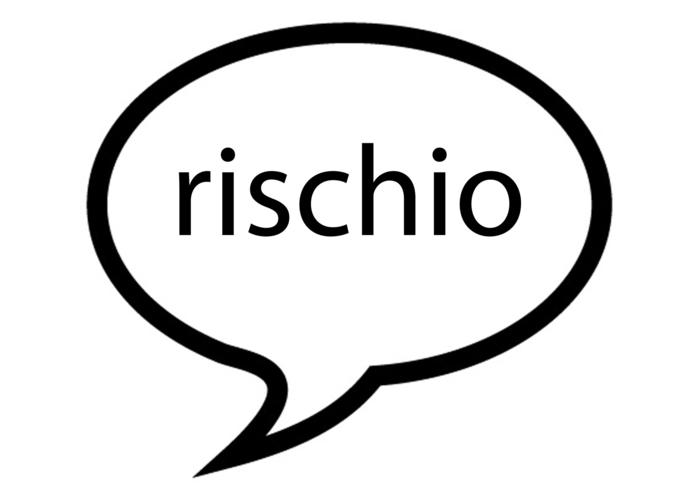In his first major role, in
1983's
'
Risky Business'
,
Tom Cruise
sums up an old popular adage: 'What the fuck, go for it!'
he says in front of an astonished Princeton University official where he would like to enter but with a less than exciting curriculum.
Not only that: with the aggravating circumstance, if we can say so, of sustaining the improbable interview while practicing the non-noble art of the pimp, organizing a ring of call girls, the risky business of the title, in the parents' house which was left empty.
Before him,
Manzoni
had said it
with the expression transformed into a proverb: '
Who does not venture does not gain'
.
It is the Tuscan variant of the verb to risk, whose noun, risk, is a word that is inevitably part of the galaxy of expressions related to the impact and management of the pandemic.
A word repeated dozens of times in recent weeks for the resumption, impetuous at least from a numerical point of view, of the infections, and therefore the need, in view of the Christmas holidays, to 'preserve', as President
Draghi
said
, and contain the risk.
To what extent is this a possible operation?
And this risk, like others, is it really a surprise?
Between
Tom Cruise
and
Mario Draghi
it is clear what the boundaries of the word risk are: on the one hand (that of the American actor) there is courage, not to mention risk; on the other hand, that of the Prime Minister, there is danger, in particular for personal health, for health facilities, for the economy. Yet risk and danger are two quite distinct concepts: the second is the intrinsic property, not linked to external factors, of something that can cause damage, as also stated in the legislative decree on the protection of health and safety in the workplace; the first is rather a probabilistic concept linked to a scientific definition for which the risk is the product of the frequency of the danger multiplied by the magnitude (which in turn is the magnitude of the consequences of a dangerous event).This second part is closely linked to the perception of risk, or rather to the reaction that each of us has in the face of a dangerous event. The component that most influences the perception of risk is actually an emotional one. As has been explained, people tend to underestimate or even ignore the risks associated with natural disasters (earthquakes, hurricanes, etc.) and to overestimate events that are certainly dramatic but much rarer (for example air disasters). The risk announced in a roaring voice by Mike Bongiorno in the seventies in the famous TV quiz Rischiatutto was instead something still different, much closer to gambling because it pushed the competitor to dare, compared to the fixed figures on the billboard (20, 30 or 40 thousand lire ), and bet much more,adding that amount to his prize pool in case of correct answer (but also subtracting it in case of wrong answer). There wasn't much to calculate or manage here because it was almost a leap in the dark.
LISTEN TO PODCAST: Word of the week: risk (by Massimo Sebastiani)
Today, however, in addition to calculated risk, which is a commonly used expression, we talk about risk management, risk management, essentially in relation to companies and security, and '
Govern risk
' is the title of a book of
Umberto Saccone,
Eni executive in the security sector, which later became a saying and a newspaper headline. Here risk is defined as 'a function of threat, vulnerability, impact and probability'. Does it make you think of something? These are the characteristics of the world we have been living in at least since the 16th century, since the word risk became established, definitively replacing fate and destiny (speaking of etymolgia, which for risk is very uncertain: rizikon in Greek is fate) and taking note of an incontrovertible reality that can only be managed and not eliminated: we live in
the Risk
Gesellschaft
, that is the risk society as described by the sociologist
Ulrich Beck
, whom we have already mentioned in the word
Immunity: the risk is 'the new mastic of the West and of the world', it is 'the concern for the whole'
, and for this reason it is impossible to separate single communities from the rest of the world.
This is perhaps why we use the word risk for anything, big or small, far or very close: NASA postpones a spacewalk due to a debris risk in orbit and Americans see their breakfasts and snacks jeopardized by the scarcity of maple juice. and cream cheese affected by the difficulties of supply chains.
We can console ourselves by recalling a verse by
Friedrich Hoelderlin
: where there is danger, what saves also grows.
It seems like an anticipation of the definition of vaccines.






